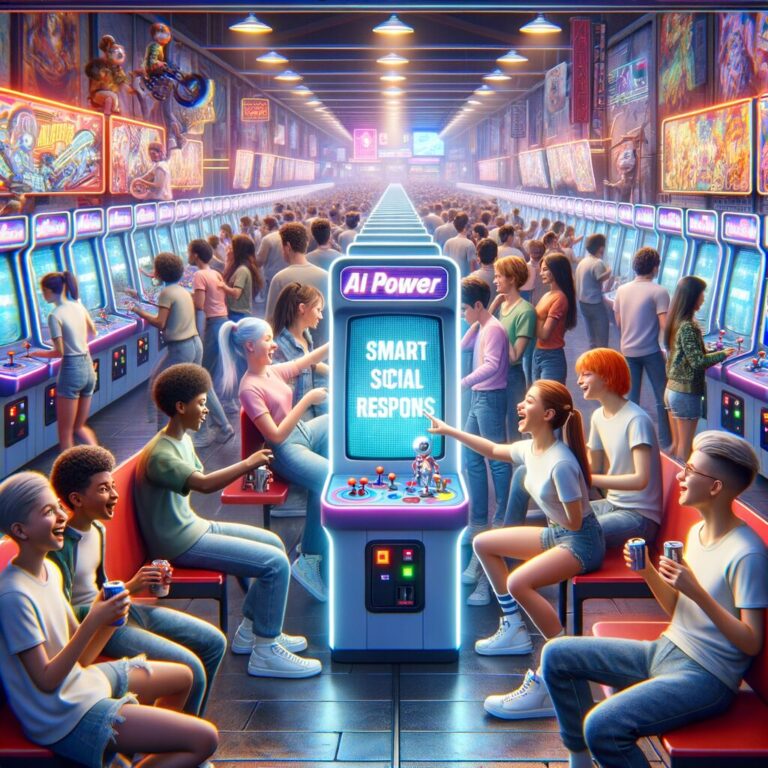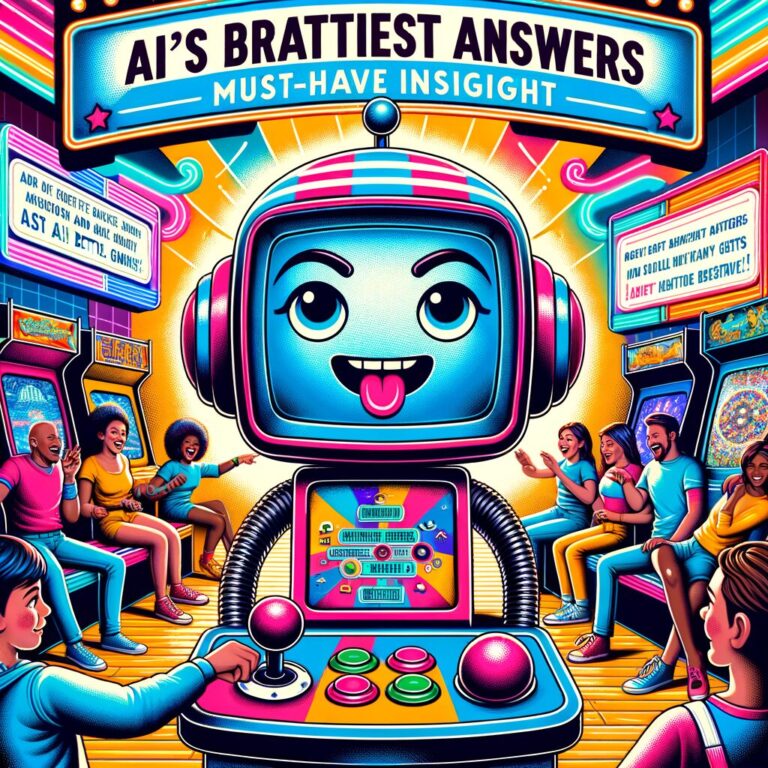Artificial Intelligence (AI) has come a long way in recent years, transforming various industries with its advanced capabilities. In a recent AI roasting experiment conducted by a team of scientists, surprising results were revealed that showcased the potential of AI in the culinary world. The experiment aimed to test the AI’s ability to mimic human creativity and judgment in roasting coffee beans, a process that involves precision, timing, and sensory analysis.
The Experiment Setup
The experiment involved feeding a deep learning AI algorithm with extensive data on coffee bean roasting techniques, flavor profiles, and sensory evaluations. The AI was then programmed to control a specially designed roasting machine that could adjust temperature, timing, and airflow to achieve different roasting profiles. The goal was to see if the AI could replicate the skills of a master roaster and produce high-quality roasted coffee beans.
AI Takes the Helm
As the experiment commenced, the AI algorithm started roasting batches of coffee beans based on the parameters it had learned from the data set. The AI-controlled roasting machine diligently monitored the roasting process, making small adjustments to temperature and timing to achieve the desired roast levels. Throughout the experiment, the AI exhibited impressive consistency and precision in its roasting techniques, showcasing its ability to perform complex tasks with accuracy.
Surprising Results Unveiled
The most surprising revelation of the experiment was the sensory analysis conducted on the roasted coffee beans. A panel of expert coffee tasters and roasters blind-tasted the AI-roasted beans alongside beans roasted by human experts. To the amazement of the panel, the AI-roasted beans received high praise for their balanced flavor, aroma, and complexity. Many tasters noted that they could not distinguish between the AI-roasted beans and those roasted by experienced human roasters.
Implications for the Coffee Industry
The success of the AI roasting experiment has significant implications for the coffee industry. While traditional roasting methods rely heavily on the expertise and sensory acuity of human roasters, AI-powered roasting machines could revolutionize the coffee production process. AI has the potential to standardize roasting techniques, ensure consistency in flavor profiles, and even create unique and innovative roasting recipes that may not have been discovered through traditional methods.
Challenges and Future Prospects
Despite the promising results of the AI roasting experiment, there are challenges that need to be addressed before widespread adoption of AI in coffee roasting. Fine-tuning the algorithms to account for subtle variations in bean characteristics, environmental factors, and consumer preferences is crucial for the success of AI-powered roasting systems. Additionally, ensuring that AI roasting machines can adapt to changing market trends and demands will be essential for their long-term viability in the industry.
Conclusion
The AI roasting experiment has demonstrated the remarkable capabilities of artificial intelligence in the culinary world. By showcasing its ability to replicate the skills and judgment of human roasters, AI has opened up new possibilities for innovation and efficiency in the coffee industry. While there are still challenges to overcome, the successful results of the experiment point towards a future where AI and machine learning play a vital role in shaping the art of coffee roasting. As technology continues to advance, the intersection of AI and gastronomy promises a future filled with exciting and unexpected culinary discoveries.






